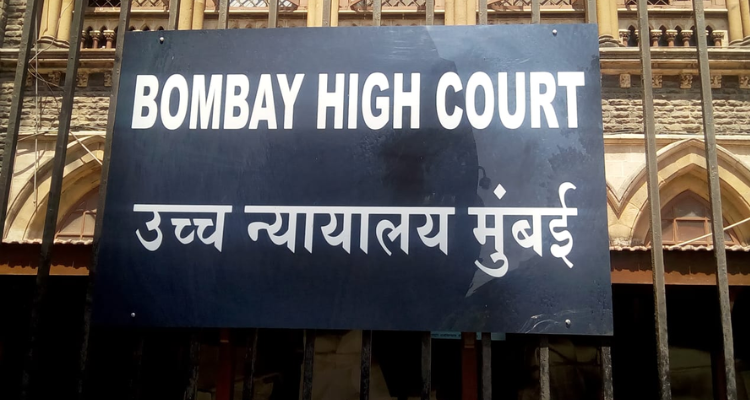
The owner of the building that collapsed in Bhiwandi last year, resulting in eight deaths, was recently granted bail by the Bombay High Court.
Facts Of the Case
In April of last year, a building in the Bhiwandi region of Thane district collapsed, trapping numerous individuals beneath the rubble. On April 30, 2023, the police arrested Indrapal Gurunath Patil, the bail applicant and owner of the land where the building was situated. Patil had allegedly constructed a three-storey building without permission from the planning authority and had purportedly permitted a telecom company to erect a mobile tower without considering the structural stability of the said building to bear the tower’s weight. Following the conclusion of the investigation, a chargesheet was filed in the case.
Bail Applicant’s Advocate’s Arguments
The bail applicant in this case faces serious charges of culpable homicide not amounting to murder under Section 304 of the Indian Penal Code. Advocate Sana Raees Khan, Aditya Parmar, and Gazala Dalvi, represented Patil in this case and contested his involvement in the building collapse. They asserted that the construction had received prior approval from the local gram panchayat of Val village. Furthermore, they emphasized that the installation of the mobile tower on the terrace was sanctioned only after obtaining a stability certificate from a qualified structural engineer. Additionally, the lawyers presented findings from a government inquiry indicating that the collapse was caused by the overloading of goods beyond the building’s capacity. They argued that Patil should not be held responsible for this aspect of the incident.
Court’s Observations
A single-judge bench of Justice N J Jamadar, observed that the mobile tower was erected in 2017 after a structural engineer had granted certificate that the building was stable to bear its weight. However, the court also acknowledged residents’ claims that the bail applicant neglected maintenance and repairs despite repeated reminders. Yet, whether these allegations constitute offenses under Section 304 of the Indian Penal Code is subject to debate.
The court observed that the building collapse resulted in the tragic deaths of eight individuals and injuries to thirteen others. Despite the gravity of the situation, the court underscored the significance of evaluating the applicant’s involvement, particularly whether there was intention or knowledge on their part leading to the victims’ deaths. This determination will be made during the trial proceedings. Despite the severity of the situation, the investigation appears to be thorough and comprehensive. These were the court’s remarks while granting the bail.
Read More: Supreme Court, Delhi High Court, States High Court, Other Courts, International




